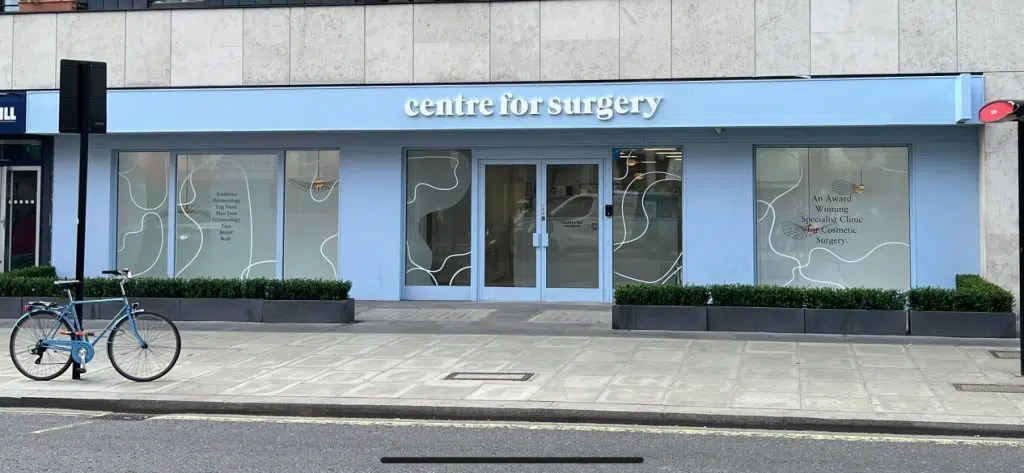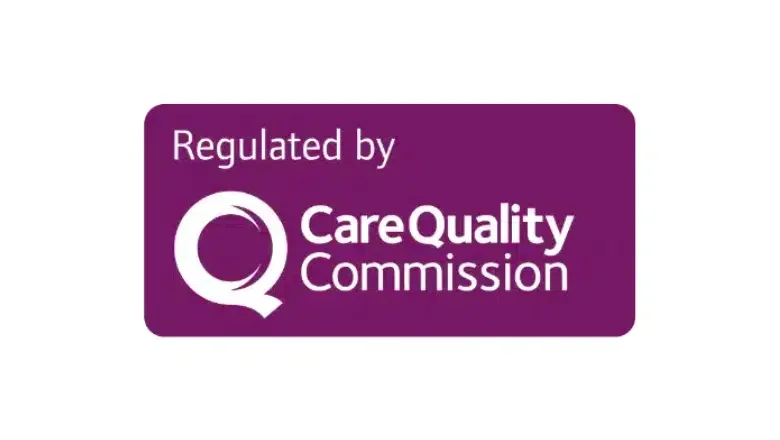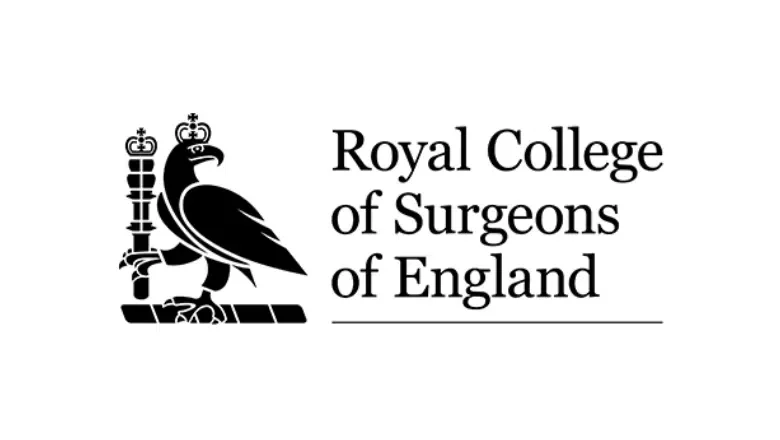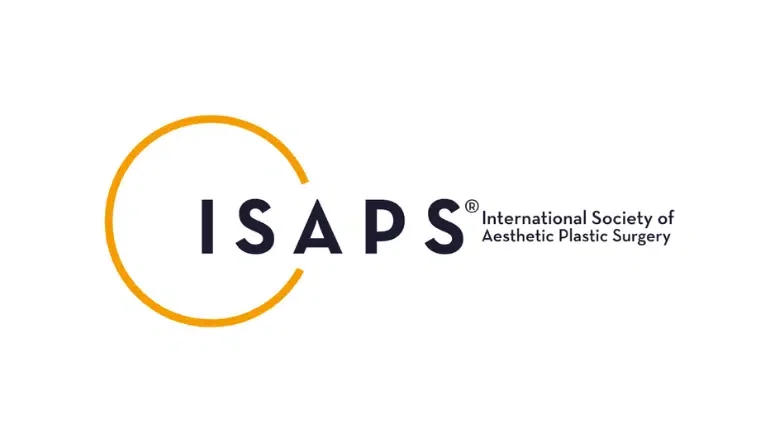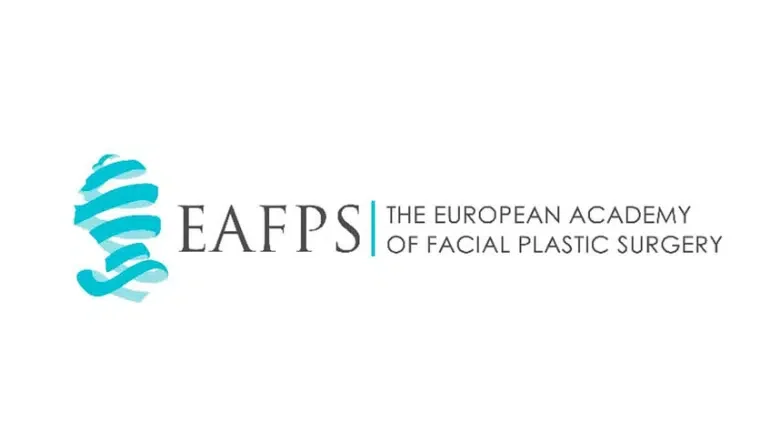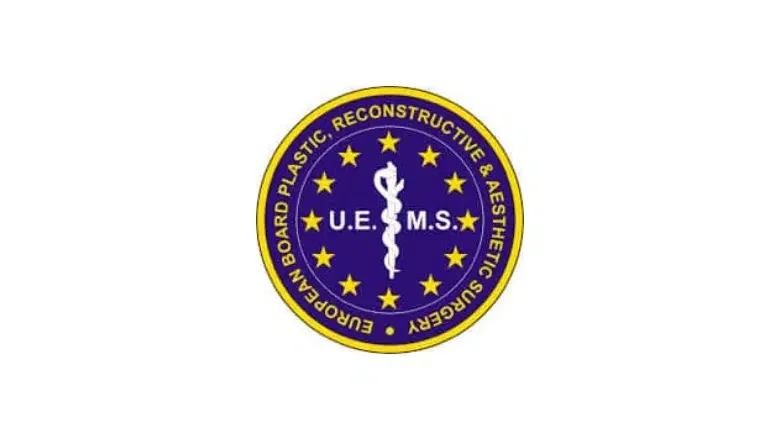You may have been seriously considering finally treating yourself and having a cosmetic surgery procedure such as breast augmentation, liposuction or a tummy tuck. Some people may be concerned about the potential appearance of scars after plastic surgery. This is understandable. Although you are looking forward to achieving life-changing results, you may be slightly apprehensive about how visible scarring could look.
RELATED: Scar Management After Cosmetic Surgery
Many people who come to us often express concern about potential scarring after cosmetic surgery. What is essential to bear in mind is that every surgical procedure involving making an incision will result in a scar of some sort. Your specialist plastic surgeon is highly skilled in minimising the appearance of scars so that they are barely visible once you have fully healed. We are a specialist centre for scar management, and we are more familiar than most clinics with how to improve the appearance of plastic surgery scars. There are several things which patients can do to improve scar cosmesis, which we will discuss below.
Procedure-Specific Guides for Scar Minimisation
- What Do Blepharoplasty Scars Look Like?
- Facelift Scars: What to Expect after Surgery
- Chin Liposuction Scars – Are They Visible?
- Reducing Scars After Breast Surgery – Top Tips
- What Breast Augmentation Scars Can I Expect?
- Breast Lift Scars – what you need to know
- How to Minimise Scars after Breast Reduction Surgery
- Gynecomastia Scars – Treatment, Healing and Fading
- What Liposuction Scars Can I Expect?
- How to Minimise Scars after a Tummy Tuck
- How to Minimise BBL Scars
- How to Minimise Scars After Mummy Makeover
- Arm Lift Scars – How to Reduce Scarring after Brachioplasty
- Thigh Lift Scars – How to Reduce Scarring after Thighplasty
The appearance of scars depends on the type of cosmetic surgery you have had
Scars can have a wide range of appearances depending on the type of plastic surgery procedure performed. Many patients are anxious about scarring after rhinoplasty or facelift surgery. We completely understand this, as the surgery is performed on the face, and many people will want to know how potential scars will appear on their faces. You may be pleased to learn that scars after rhinoplasty and facelift surgery are virtually invisible when performed by a skilled and experienced plastic surgeon.
Body contouring procedures include liposuction and Brazilian butt lift. These procedures are considered minimally invasive as the incisions are tiny, often no more than 5 mm in length. These small incisions are strategically placed in areas of the body that are located in natural skin creases or can be easily covered up by everyday clothing items, including underwear.
In comparison, a tummy tuck or abdominoplasty is a more invasive surgical procedure that results in the formation of a long scar along the lower part of the abdomen and a smaller scar located around the belly button. When a specialist plastic surgeon performs tummy tuck surgery, and you follow your surgeon’s postoperative instructions in full, a tummy tuck scar will likely appear as a neat, faint white line that is virtually unnoticeable 6 to 12 months later.
RELATED: What kind of tummy tuck scars should I expect?
How to minimise scarring after plastic surgery
Once you have chosen to have a cosmetic surgery procedure at Centre for Surgery, you will be closely monitored by our clinical support team throughout your postoperative recovery. You’ll be given customised recommendations on how to look after your incisions and which activities to avoid after surgery based on how you are healing. Here we share some of the essential top tips on how to minimise scarring after cosmetic surgery.
Do not smoke or vape
We cannot stress enough how important it is to stop smoking at least four weeks before and after surgery. This also includes vaping, and having plastic surgery should serve as the ideal opportunity to quit smoking for good.
Smoking is associated with several risks that can increase the risk of complications during and after surgery. Smoking reduces blood flow to the healing tissues, which results in delayed wound healing. Even an occasional cigarette here and there can adversely affect your healing and recovery. Nicotine products significantly impair the delicate capillary microcirculation in the skin and soft tissues, which is vital for proper wound healing.
If you are an active smoker and have been considering having a cosmetic surgery procedure, you should stop smoking at least one month before and one month after your procedure. The earlier you stop smoking, the lower the risk of postoperative complications. You should also avoid passive second-hand smoke from being in the company of people who smoke.
Increase your protein intake
Many patients who come to us for the plastic surgery procedure have experienced significant weight loss (often more than 18-24 kg). Nutritional deficiencies are more common in massive weight loss patients, and we recommend supplementing nutritional intake with extra protein. One of the best solutions is to choose a reputable brand of protein shake. Consuming one protein shake each day for four weeks before and after surgery has been shown to have positive effects on wound healing after post-weight loss surgery.
Look after your incision sites
Managing your postoperative wounds is not as complex and cumbersome as it first seems. Postoperative wound care instructions are actually very simple and straightforward. You will be given detailed written instructions on how to look after your incision site before you leave the clinic. This will increase the likelihood of smooth healing without any complications.
RELATED: How to Minimise Scars after Tummy Tuck Surgery
The best way to keep your incisions clean is to use gentle soap and warm water whilst having a shower. Make sure to gently pat your incisions dry and avoid vigorous rubbing. There is no need for expensive soaps, although a standard shower gel is fine. We would recommend avoiding antibacterial soaps as they also kill the normal flora found on your skin, which has beneficial effects for wound healing.
You should take extra care to wash your incisions to remove any dried blood that is attached to the incision sites. Scabs increase the risk of excessive scarring. There is no need to apply cream or ointment after showering.
Once your incisions have healed by approximately four weeks, you may begin to apply silicone strips if you have had breast or body surgery. Silicone gel is more appropriate if you have had facial plastic surgery. There is a substantial body of medical evidence to support the effectiveness of silicone in reducing the thickness, redness and darkness of surgical scars. Silicone products should be applied for six months and preferably for up to a year to achieve the best-looking scars. There is no need to apply topical vitamin E. Silicone is the gold standard treatment for improving scars after plastic surgery.
As a centre of excellence for scar management, we also offer advanced techniques for improving scar cosmesis, including RF microneedling with Morpheus8 and laser skin resurfacing.
RELATED: Laser Scar Removal
The importance of realistic expectations for the appearance of scars
As with any type of cosmetic surgery, it is important to have realistic expectations of the type of surgical results that can be achieved, including the cosmetic appearance of scars after surgery. It can take a considerable length of time for scars to heal and flatten with time. We would recommend waiting for at least 12 months for full scar maturation. Certain types of scars may heal quicker than others, depending on the type of procedure undertaken. As a general rule, the more patient you are with scar visibility, the better the results that can be achieved.
RELATED: Scar Revision Surgery FAQs
We would advise all patients to be prepared for their incisions to appear very prominent immediately after surgery. Incisions often appear red and rise above the level of surrounding skin for the first few weeks after surgery. Focusing on following all of your surgeon’s postoperative instructions in the days and weeks after surgery will help you to achieve a smooth and uneventful surgical recovery. Our clinical support team are always available to answer any questions or concerns you may have.
Eating a healthy diet with plenty of protein and adopting good wound care habits after four weeks, along with applying silicone, will help ensure your plastic surgery scar heals as well as possible. In 6 to 12 months, you may even struggle to see where the initial incision was placed.
Schedule a consultation at Centre for Surgery
Centre for Surgery is the leading cosmetic surgery clinic in London and is home to the top consultant plastic surgeons in the UK. Our state-of-the-art Baker Street clinic is a centre of excellence for elective plastic surgery and we perform the full range of cosmetic procedures, including rhinoplasty, eyelid surgery, facelift surgery, breast surgery and body contouring surgery. Call us today on 020 7993 4849 to schedule an in-person consultation at our Marylebone clinic today.

